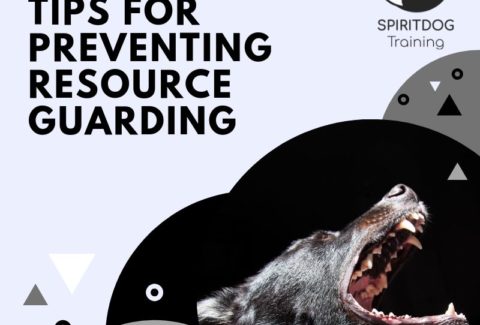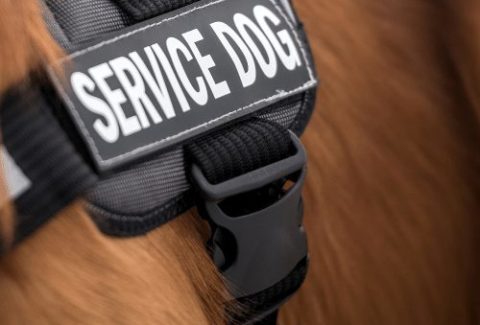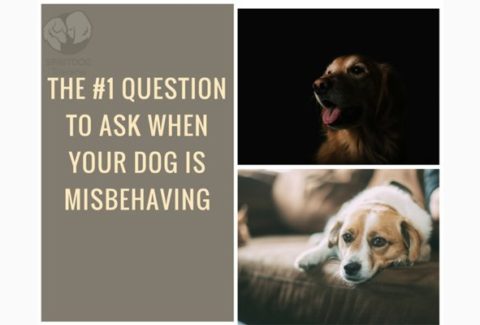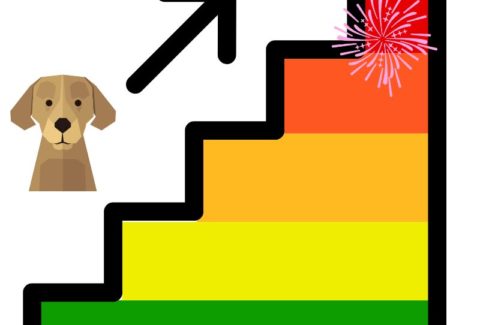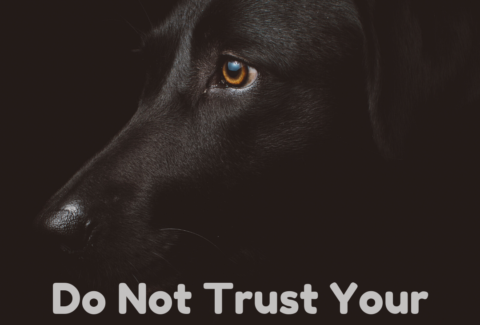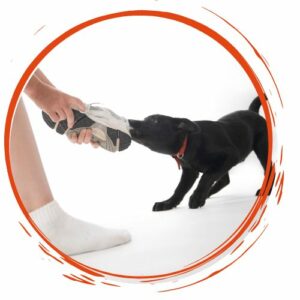Dog Discipline
May 10, 2021 2021-05-25 1:13Dog Discipline
Dog Discipline
A word that I hear a lot in my dog training is discipline. It always amuses me a bit, usually it is used in the context of owners asking for my discipline secrets, or asking me to discipline their dogs, or wondering if my own dogs are well trained because they get disciplined a lot.
I always disappoint them when I tell them there is no discipline secret, and that I will not discipline neither my own nor their dogs.
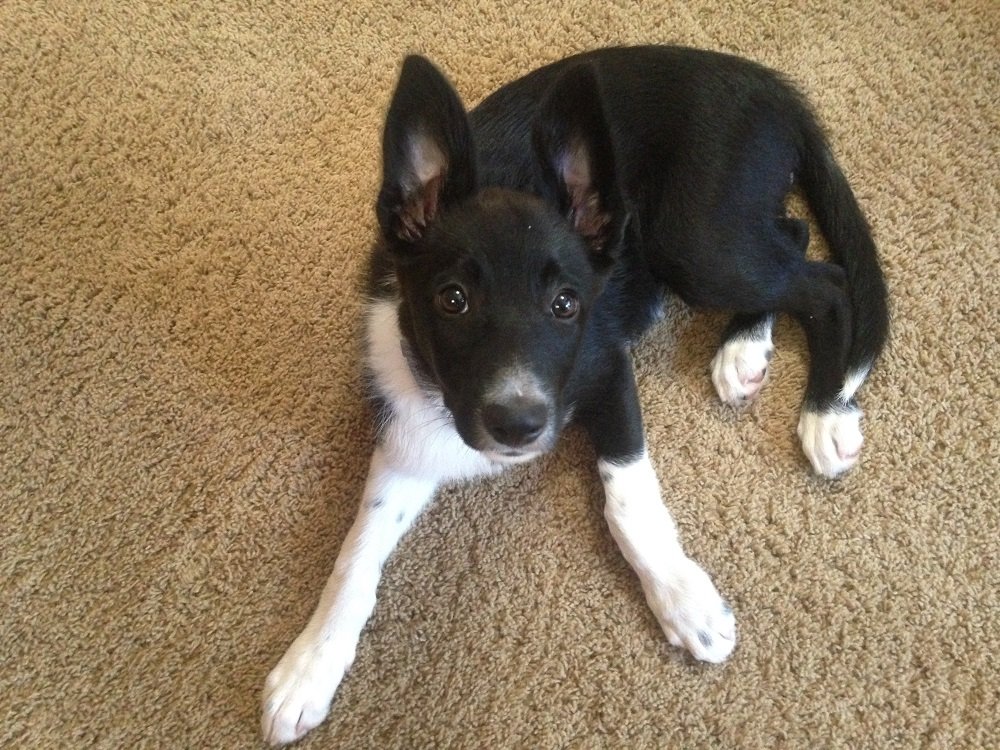
(In the following, the words punishment/discipline are loosely used in the sense of correction like they often are in pet dog training circles, with no regards to the differentiation between positive and negative punishment.)
There a several problems I see when using punishment:
1. It puts you and the dog on opposing sides.
Your dog is very smart. He knows that what stands between him and the rewards he wants to have access to (those are probably environmental rewards such as the dog he really wants to play with while you want him to sit-stay, or the hotdog on your plate he would really like to eat) is YOU.
He will not take your correction as an action from the heavens, but as an affront from you. Think well about whether it is worth it – as soon as apprehension enters your training, your dog will be less likely to enthusiastically work towards a goal you and he share.
2. Behavior controlled by corrections is just barely good enough to get by.
Speed limits are a behavior controlled by punishments. Being honest, I never drive at exactly the speed limit. If the speed limit is 45 miles/hr, perhaps I will drive 50, or 52 miles/hr instead. (Hopefully) not enough to get ticketed, but enough that I would not call myself a driver who always abides speed limits.
This is because speed limits are a behavior solely controlled by punishment. I do not get anything out of driving at or below the speed limit, other than avoiding this punishment (and being safe, yes, but that is not a reinforcer in the classical sense).
I have no interest in acing abiding the speed limit, because there is no reward in it for me. I only have an interest in escaping the punishment, and I will do that as carefully and sneakily as possible (in fact I have never gotten a speeding ticket – I would be the dog who always only breaks his stay when no one is looking).
It also does not make me view police officers monitoring speeding as people who are helping me in being a better person – just like you punished dog will not view his punishment as just and necessary.
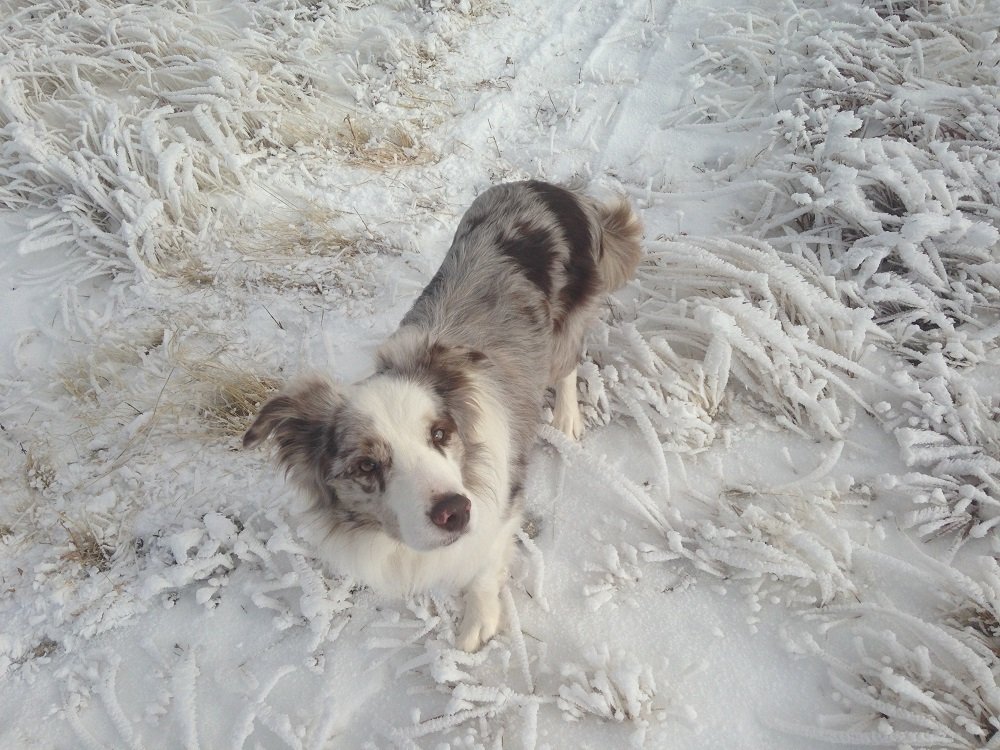
3. You have to keep the discipline going.
What would happen if the police stopped monitoring speed limits? Would everybody keep on abiding them because they have been punished for not abiding them in the past?
Of course not. What stands in the way between me and my reward (getting somewhere as fast as possible) is the enforcement (and subsequent punishment of disobedience) of speed limits.
If you are what stands between your dog and his reward, he will make sure he monitors your presence, and the presence of corrections very carefully.
Unless you make the punishment quite traumatic (a $20,000 fine would keep me from speeding forever), it needs to be consistently applied to make sure your dog will keep on making the choice that avoids this punishment. As soon as you stop, he will revert to picking the behavior that works the best for him.
Which brings up another important point:
4. Punishment is often used when instead the rewards could just be controlled better.
If a dog repeatedly makes a wrong choice in learning or performing a behavior, it is either because he is fundamentally confused and has no idea what we are trying to teach him (in this case, you need to take several steps back and start over at a point at which he knew what he was doing), or it is because the reward structure makes it seem like the right decision for him.
Rewards are far more than the cookies we carry in our pockets. Rewards are everywhere: trees, bushes, people, other dogs, scents, sights, running, chasing…
If you are training your dog to sit-stay and he gets up to go play with another dog, punishing him will only show him you’re a party pooper (read this article for more details). What needs to happen instead is that you need to manage all the potential rewards around him (in this case, for example by calling off the dog who enticed your dog to break his stay)
Do not discipline your dog for your lack of reward management. Instead, be disciplined yourself in setting up training situations that will let you be in control of all reinforcement.
I actually am a very firm believer of being disciplined.
Being disciplined as a trainer, that is.
Be disciplined enough to make a plan before you start a training session – do not just barge right in and then scold the dog when the set-up does not work.
Be disciplined enough to take small steps, move at the pace that your dog is learning and not jump ahead too far – even if the groundwork may seem boring (it won’t be boring for your dog if you do it right – see Is Training Too Easy For Your Dog?).
Be disciplined enough to reward your dog when he does something right – do not ask him to do an important behavior such as a recall and then not show him your appreciation with treats or play. Behaviors that do not pay off will deteriorate.
Be disciplined enough to take the time to evaluate the set-up of rewards, not just the ones in your pocket, but especially the ones around your dog. Don’t punish him for your failure to control those environmental rewards.
Be kind to your dog, and discipline yourself!
Happy training.


